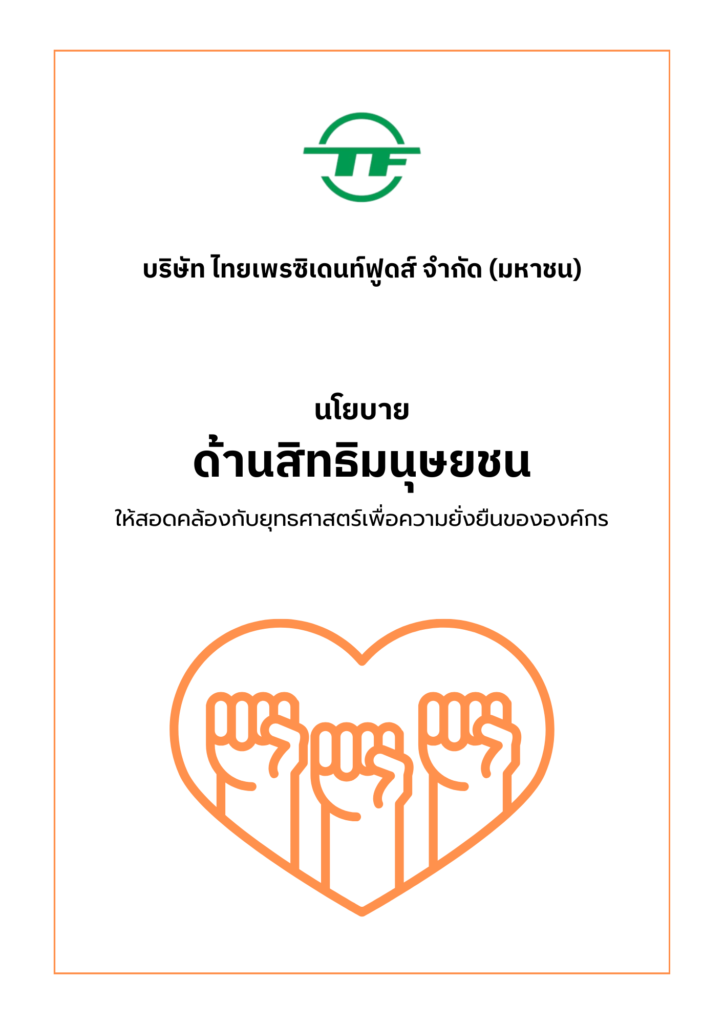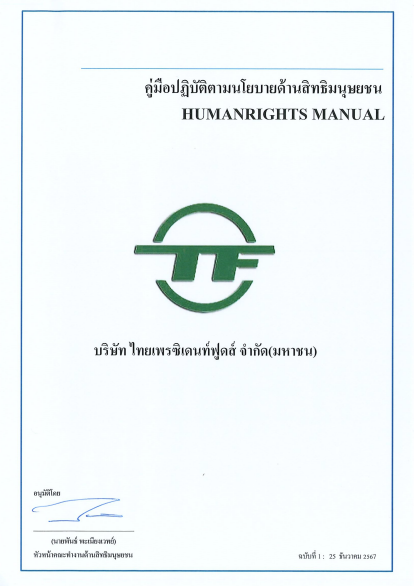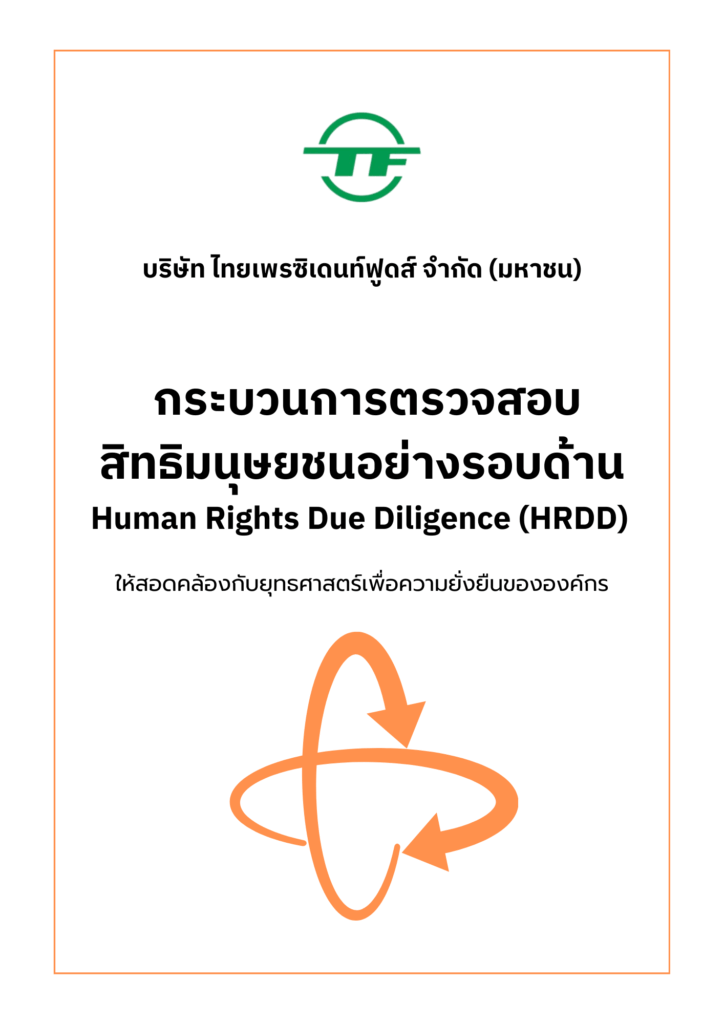
The company is committed to a comprehensive approach to human rights and labor practices, ensuring the prevention of human rights violations for all stakeholders throughout its business operations and supply chain. The company aligns its business practices with both national laws and international human rights principles, serving as a foundation for its Human Rights Due Diligence (HRDD) framework and assessment processes. To effectively manage potential risks related to human rights violations, the company has established strategies and action plans that incorporate protective and remedial mechanisms to address and mitigate any adverse impacts efficiently. A robust monitoring and reporting system ensures a continuous and holistic evaluation of human rights practices. Additionally, the company proactively enhances its grievance management framework to swiftly address complaints and minimize negative impacts in a timely manner.
Goals and Performance for 2024
- Goal
- Performance
Management Approach
The declaration of the Human Rights Policy and Practices
The declaration of the Human Rights Policy and Practices covers the equal treatment of employees without discrimination, ensuring that employee rights are protected in accordance with legal requirements in various aspects. It includes the prohibition of child labor under the legally required age, the prohibition of forced labor, fair and non-discriminatory treatment of all organizational stakeholders. It also encompasses respect for consumer and customer rights, business partner rights, and community rights, as well as the establishment of a comprehensive human rights due diligence process.
The company will promotes workforce diversity and equal opportunities by explicitly prohibiting discrimination based on race, religion, gender, age, sexual orientation, disability, and nationality. Our Human Rights Policy ensures fair treatment in recruitment, career advancement, compensation, and workplace practices for all employees, while supporting reasonable accommodation for persons with disabilities and respecting employees’ cultural and religious practices.
Comprehensive Human Rights Due Diligence
Comprehensive Human Rights Due Diligence covers the process of defining the scope to identify relevant human rights issues, assessing human rights risks, mitigating risks or establishing preventive mechanisms to ensure impacts remain at an acceptable level, monitoring and reviewing human rights risks, and implementing remediation mechanisms in case of human rights violations.
The monitoring and disclosure of human rights performance
The monitoring and disclosure of human rights performance include reviewing actual impacts, improving and refining established measures to ensure the highest operational efficiency, and transparently reporting performance outcomes to the public.
Communicating the Human Rights Policy and Practices
Communicating the Human Rights Policy and Practices to employees, fostering a corporate culture of human rights, and promoting awareness and understanding of the importance of respecting human rights.
The company communicates its Human Rights Policy to employees, stakeholders, and business partners, and provides department-level training to ensure understanding and proper practice.
The grievance mechanism for human rights-related issues
The grievance mechanism for human rights-related issues includes the process of investigating complaints to ensure proper resolution and appropriate remediation for affected individuals.
The company provides a human rights grievance mechanism accessible to employees, external stakeholders, and communities. It guarantees confidentiality and anonymity for all complainants. The company commits to investigate, address, and remedy impacts where it has caused or contributed to human rights violations.
Should any human rights concerns arise, the company has a remediation and response process that includes investigation, corrective actions, and protection of complainants from retaliation.










